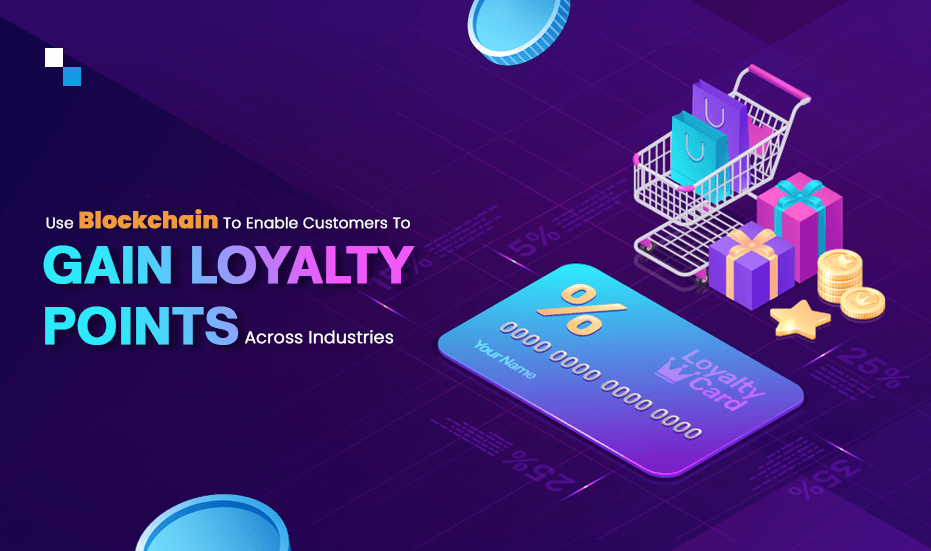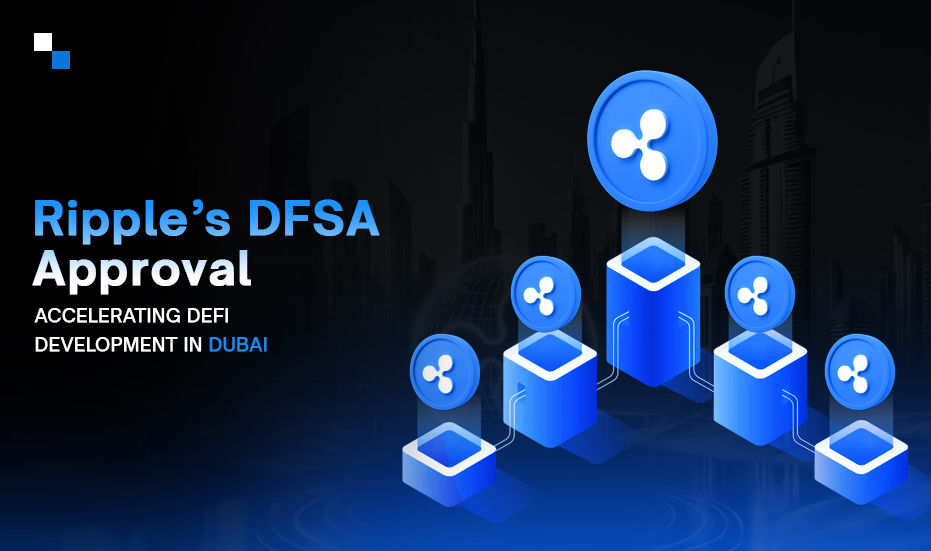
How DAO Blockchain Development Empowering Healthcare and related Businesses in 2023
January 30, 2023
Key Difference Between Crypto White Paper Development And Writing A Lite Paper
January 30, 2023Companies across industries have different loyalty programs to reward their customers to comprehend their behavior and retain them. A large number of companies have benefited in terms of market capitalization by having great loyalty programs in place.
Limitations of current loyalty programs
Loyalty programs are designed to improve customer engagement and fuel business growth. However, the process to build a loyalty program is challenging and involves a considerable cost. Improper loyalty programs caused due to inefficiencies like inflexible reward structures, poor integration of reward points, and lack of visibility can result in dissatisfaction among customers.
The main drawback of loyalty programs is that they are a closed loop. It means that customers can redeem loyalty points within the same system or limited products offered by companies. Consider an open system with multiple providers that offer blockchain-based loyalty programs, wherein customers can redeem their loyalty points across industries.
Blockchain-based loyalty programs
Blockchain can pave the way for an open system for loyalty point management. Blockchain loyalty program management system can seamlessly accommodate any new merchant or provider in the system.
In addition, the integration of blockchain into the loyalty program system can lead to a better customer experience.
Benefits of blockchain for loyalty management
Using blockchain for loyalty management can chart the path for the following benefits:
- Reduced costs
Blockchain for loyalty management can contribute to cost savings on three major levels: system management, customer acquisition, and transactional. Blockchain-based loyalty programs can reduce system management costs by leveraging smart contracts that report traceable, secure, and transparent transactions to legacy systems, thereby reducing costs incurred due to fraud and errors. - Frictionless system
The trustless decentralized blockchain technology solution can centralize the customers’ loyalty programs. Companies can decide how their customers can use their rewards and with whom. However, from a customer’s perspective, their ability to use and manage their reward points is frictionless.
A blockchain loyalty program can empower a consumer to use the same digital wallet to redeem their loyalty points for a hotel as they used to earn credits from an airline. - Real-time process
Blockchain can enable the parties involved in a loyalty program to record and access transactions in near real-time. Consequently, it can empower loyalty program providers to expedite the process to credit the points. - Secure environment
Blockchain creates a time-stamped, immutable distributed database entry of each transaction, thereby making it easily traceable. In addition, blockchain makes the transactions irreversible, preventing the problem of double spending, abuse, fraud, or any attempt to tamper with the transactions. - Unique business opportunities
Building an interlinked blockchain loyalty program can enable loyalty program providers to capitalize on unique opportunities to provide value-added services to businesses.
The road ahead
As the world embraces blockchain for financial applications, loyalty programs are ripe for blockchain adoption. Blockchain-based loyalty programs can be scaled up gradually by adding more companies. With a multi-loyalty ecosystem, where users can redeem their loyalty points across industries, loyalty points can be positioned as the second currency.
At Antier, we can help you leverage the potential of blockchain for loyalty management. Our seasoned blockchain engineers and finance experts create a coherent roadmap to help you implement blockchain into your loyalty program to make it more accessible and appealing to your customers.



